Impact of COVID-19 pandemic on patients seeking cancer therapy at a cancer hospital in Sri Lanka
Background: Every sixth death in the world is caused by cancer and it is
estimated that nearly 10 million deaths in 2020 are attributed to cancer.
Uninterrupted management is instrumental for the quality of life and prognosis
of these patients. Delivering care for patients with cancer during COVID 19
crisis is challenging. Empirical evidence of the impact of COVID 19 in the
management of cancer patients is vital for implementing appropriate measures to
continue cancer care while battling COVID 19 pandemic.
Keywords
Cancer patients
,
Cancer management
,
Treatment default
,
Treatment delay
,
COVID 19 Pandemic



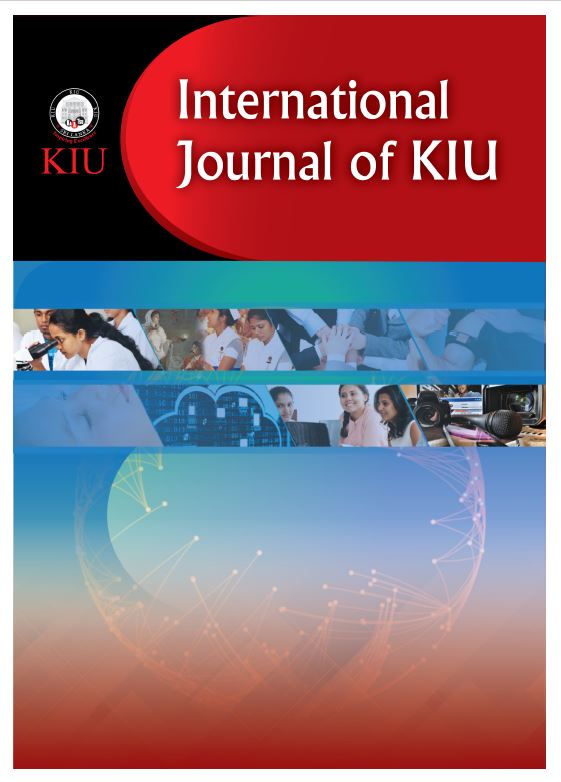
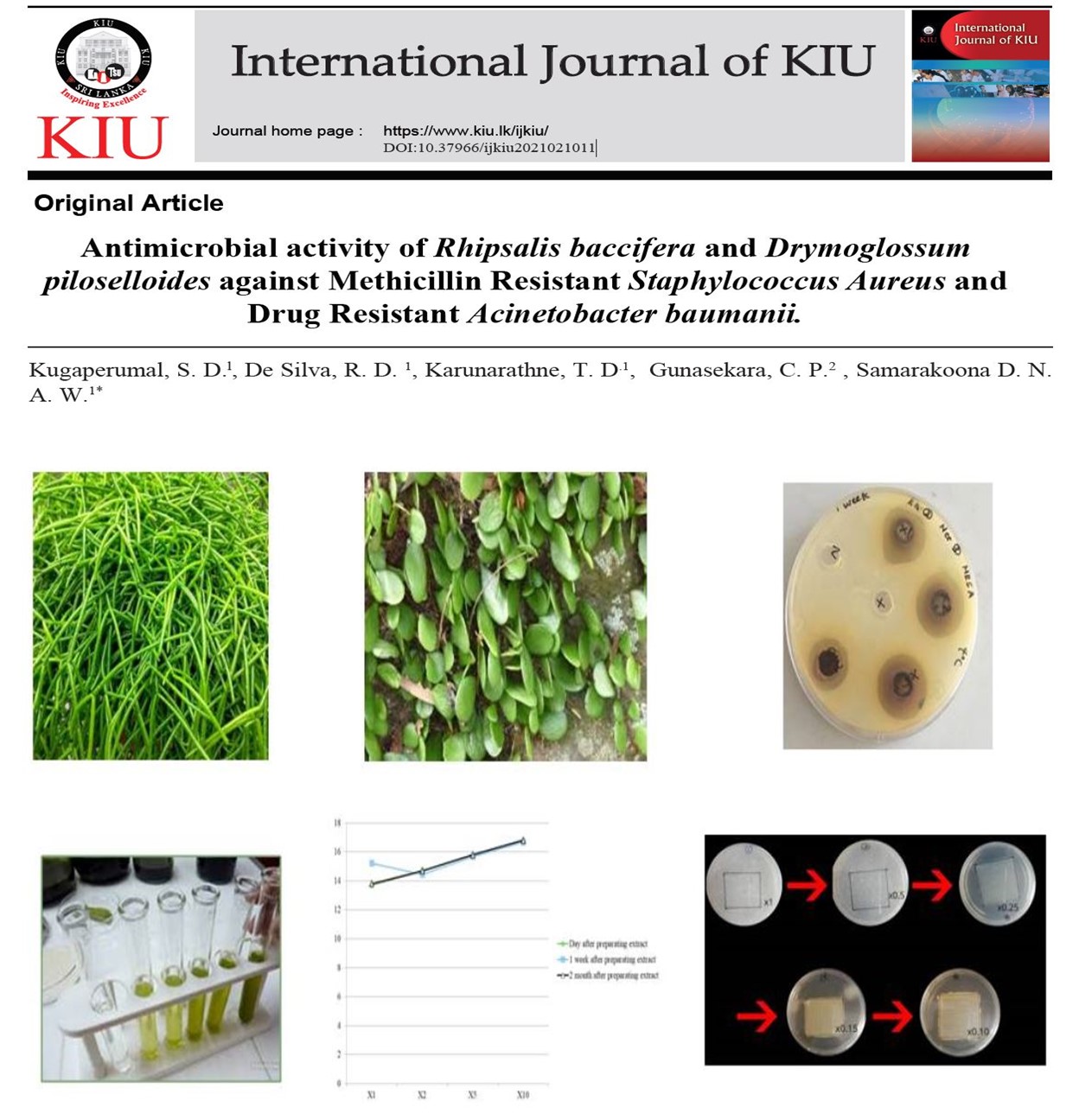
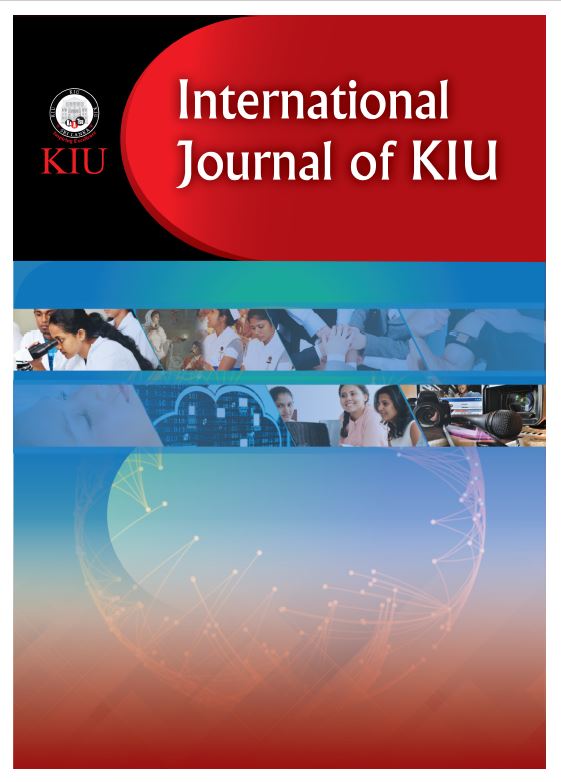
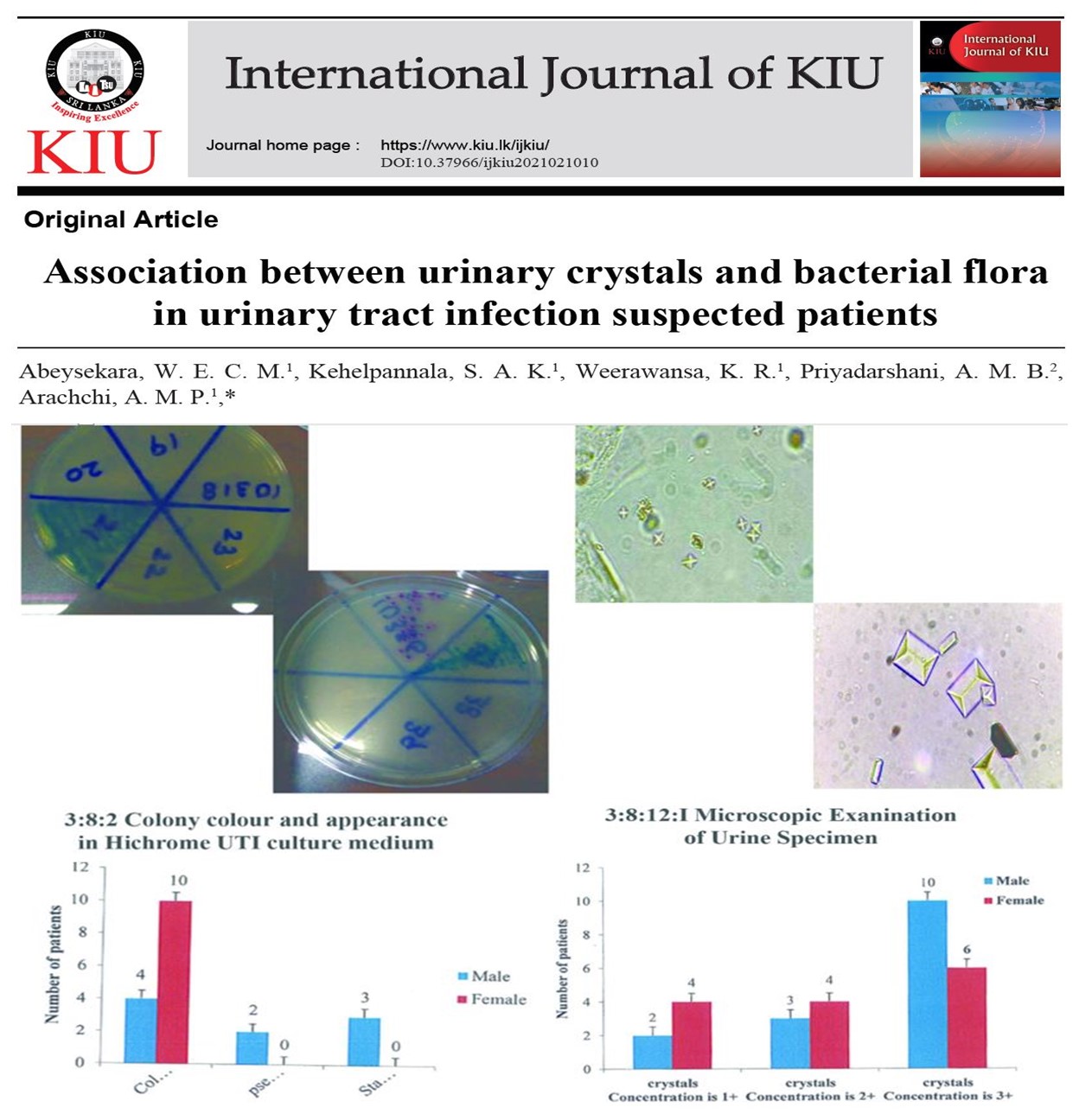
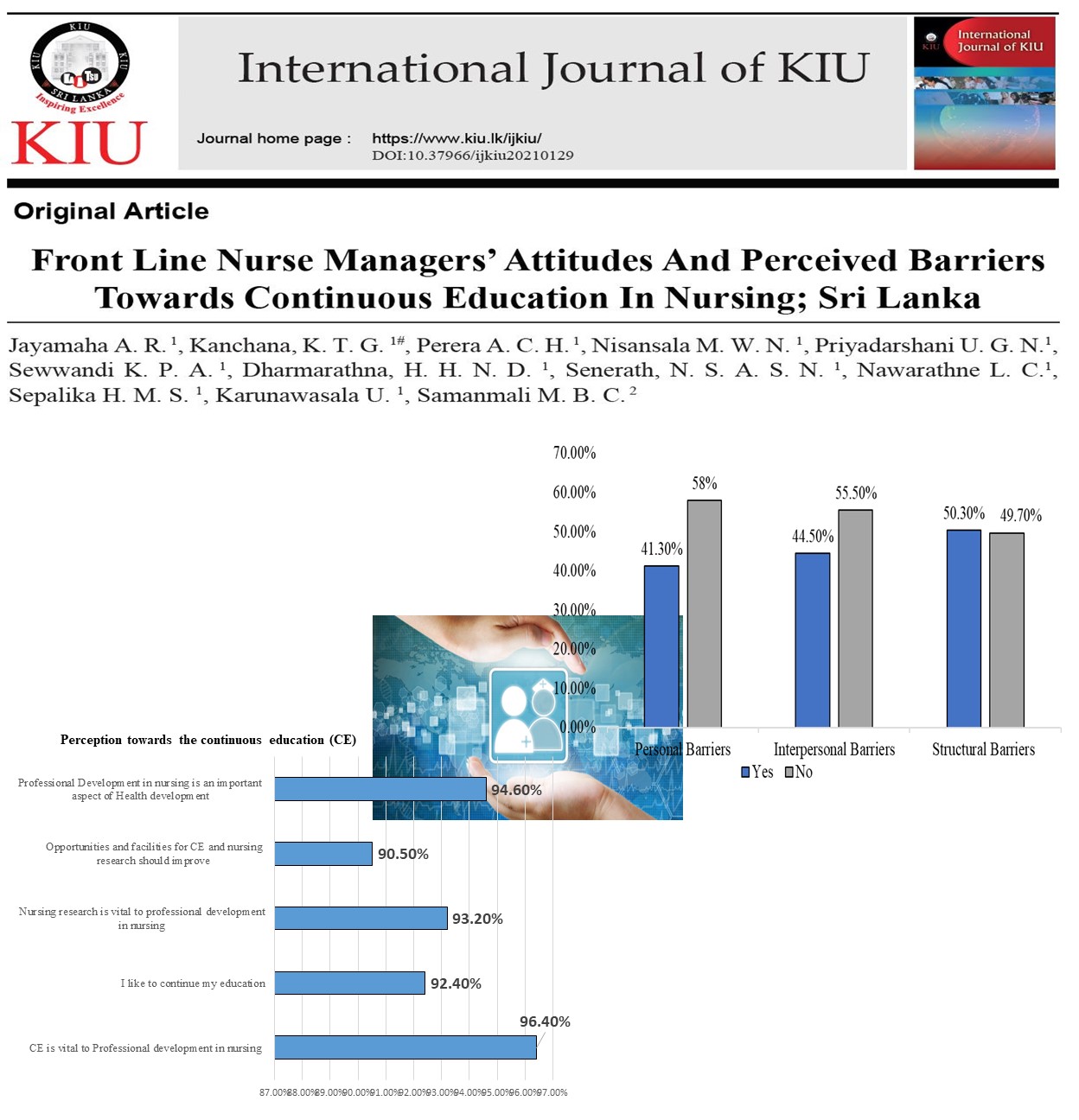
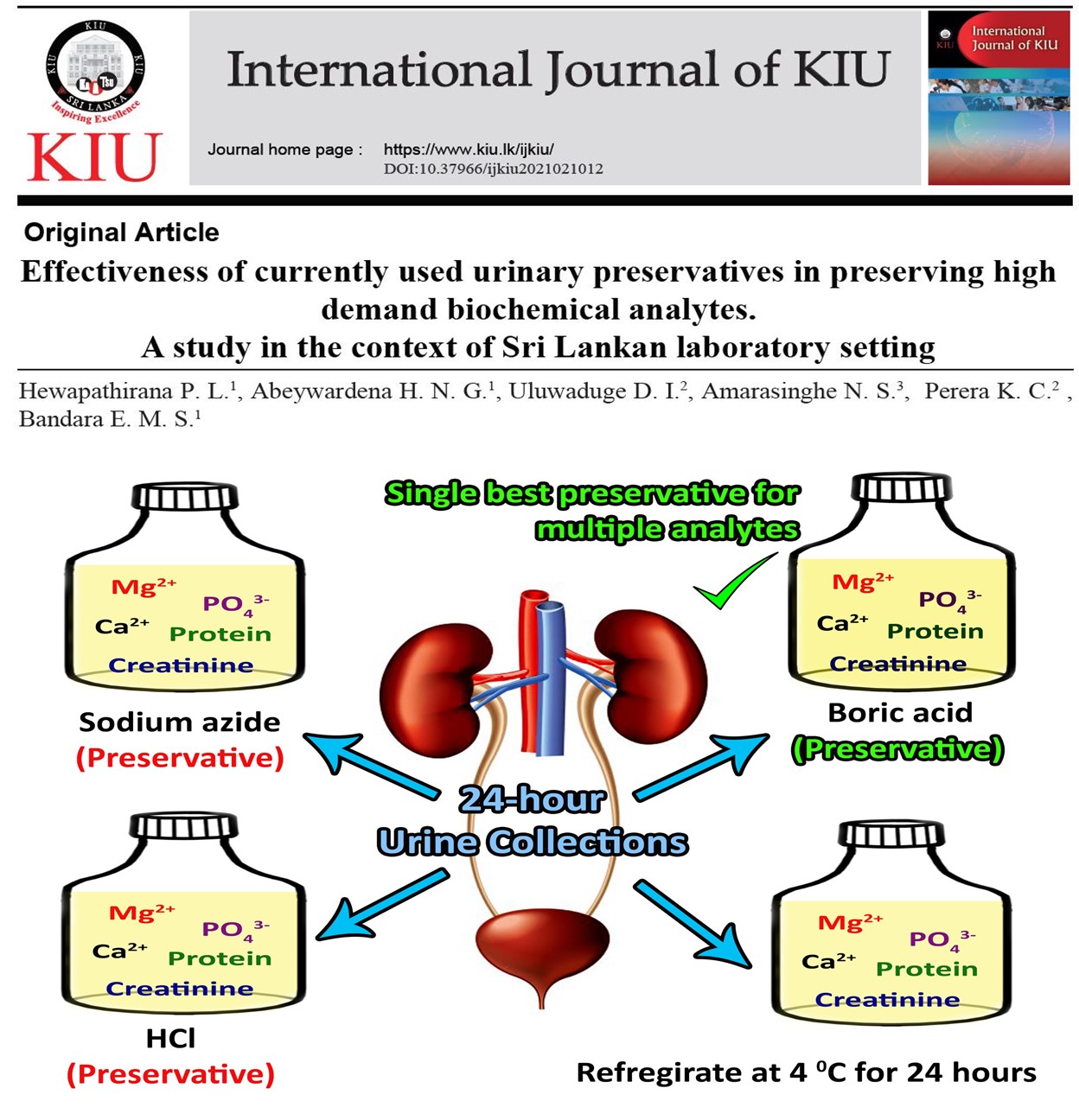
Related Articles